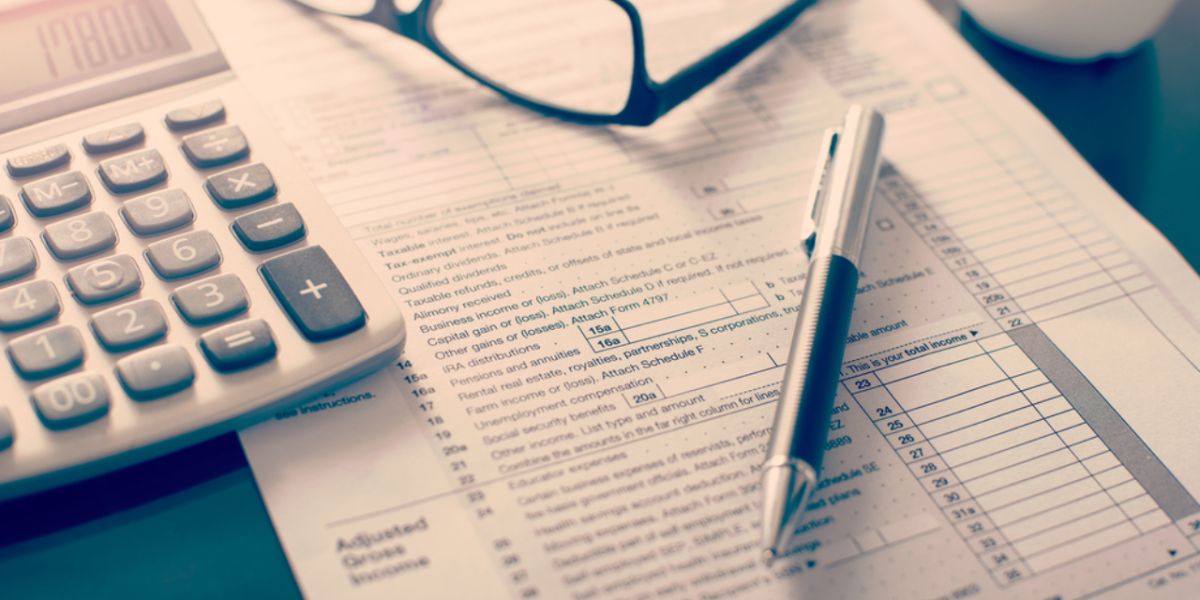
The South African tax system consists of direct and indirect taxes. Direct taxes apply to individuals, companies and estates. Indirect taxes are levied on transactions: sales and imports. Taxes are administered by the South African Revenue Service (SARS) and anyone who at any time becomes liable for income tax must be registered with SARS.

Indirect taxes in South Africa
Value Added Tax
The 15% value-added tax in South Africa applies to goods and services, but some are exempt, such as exports, gasoline, diesel and basic foodstuffs, educational services, public transport and residential rental accommodation.
Businesses with an annual turnover in excess of R$1 million per year must register for V.A.T., which they pay to the government but pass on to their customers. The declaration and payment of V.A.T. must be made by the twenty-fifth working day of the month following the month of declaration.
Tourists and non-residents can reclaim VAT on items purchased in South Africa but not on goods and services consumed locally. It is essential to have invoices showing the amount of V.A.T. and the store's V.A.T. number. If the amount of the invoice is more than 5000 Rands, the name and address of the buyer must also appear on the invoice.
In order to get a refund of the V.A.T., you have to present the relevant items and the invoice to the customs office at the airport, which will be stamped by the customs officer. After checking in, go to the Tax Refund office, and a kind of credit card will be given to you with the amount of the VAT refunded. An email will then be sent indicating that the card can be used (except in South Africa).
Unemployment insurance fund (IUF)
This is the unemployment fund financed by contributions of 2% on the employees' salary (1% by the employee and 1% by the employer). The employer pays the IUF amount to SARS every month.
Customs and Excise Duties
These are levied on imported goods to protect the local market. They apply to petroleum, alcohol, tobacco and luxury goods and are calculated as a percentage of the value of the goods.
The tax on fuel, currently about 40%, is included in the price at the pump.
Direct taxes in South Africa
Income tax
Income tax is calculated on a progressive scale, starting at 18% and rising to 45% for incomes above R 1.5 million. It is levied on all income and profits.
For employees in South Africa, tax is deducted monthly at source, and at the end of the tax year, the employer issues an IRP 5 certificate to employees to be attached to their annual tax return.
Corporate Tax
This is payable by all companies registered in South Africa. The flat rate is 28% (falling to 27% from April 1, 2022).
Small businesses in South Africa are taxed at progressive rates:
- 7% for taxable income between R91250 and R365000
- 21% for income between R 365001 and R 550000
- 28% for income above R550,000.
The turnover tax is a simplified method of taxation for small businesses (micro-businesses) with an annual turnover of less than one million rands. This tax replaces the income tax, and the scales are progressive:
- turnover between 0 and 335,000 Rands: 0%.
- turnover between 335001 and 500000 Rands: 1 % from 335000 Rands.
- turnover between 500001 and 750,000 Rands: 1650 Rands 2 % of the amount above 500,000 Rands.
- turnover over 750,000 Rands: 6650 Rands 3% of the amount over 750,000 Rands.
Companies with an annual turnover of up to R20 million can register as an SBC (Small Business Corporation). The tax rate for SBCs is lower than for corporations:
- taxable income between R0 and R87300: 0%.
- taxable income between R87301 and R365000: 7% of taxable income above R87300
- taxable income between 365001 and 550000 Rands: 19439 Rands 21% of taxable income above 365000 Rands
- taxable income above R550001: R58289 28% of income above R550000.
The Skill Development Levy (SDL) is a tax payable by employers to promote learning and training. Companies with an annual payroll of more than R500,000 are subject to this tax, which is 1% of the total payroll and must be paid monthly to SARS.
The tax year runs from March 1 to the end of February of the following year. Corporations must file an annual tax return between July and November for the previous tax year. They must also file two interim tax returns, one at the end of the first half of the year and one at the end of the year, with estimates for the current year.
Companies and anyone receiving income other than salary (rental income, investment income) are automatically subject to the provisional tax system. Three tax payments based on estimated annual income are due in each tax year. The first, at the end of the sixth month, the second at the end of the fiscal year, and the third 6 months after the end of the fiscal year.
Corporate tax exemptions
Corporate tax exemptions apply to the following:
- All expenses incurred for the management of the company: materials and supplies, cost of employees, administrative costs, etc.
- Capital expenditures: machinery, renovation costs, etc.
- Start-up expenses: expenses incurred in the period before the beginning of the first year of operation.
- Operating losses: all losses from previous years.
Tax on rental income
Rental income is declared with income tax. Expenses such as agency fees, insurance and advertising can be deducted from income.
Gift tax
This is a flat tax of 20% on the total value of the property, but gifts of less than R100,000 in cash or kind are exempt from tax (R10,000 for companies) as well as gifts made to a spouse or to a public charity. If the amount of the donation exceeds R30 million, the tax is 25%.
Inheritance tax
Inheritance tax applies to all estates with a net value of more than R$3.5 million. The tax rate is 20% on properties or shares valued at less than R30 million and 25% above that.
Transfer tax
This tax is levied on the acquisition of real estate worth more than one million rands and is calculated according to a progressive scale. The maximum rate of 13% applies to properties with a value of over R11 million.
If the purchase price is lower than the actual value of the property, the tax authorities are entitled to calculate the transfer tax on the basis of the fair value. This tax is payable within six months of the acquisition.
Capital Gains Tax
This is the tax on the capital gain realized between the purchase price of a property and its resale price. This tax is only applicable to transactions of more than two million Rand. Certain expenses are deductible such as medical expenses, insurance and pensions (up to R10,000 per person), as well as certain work performed.
Tax on dividends
The tax rate is 20% and is withheld from the payment by the company making the payment.
Securities transfer tax
The tax is 0.25% on each share transfer.
Double taxation in South Africa
In theory, permanent residents in South Africa are taxed on income generated in South Africa as well as on their foreign income. In the absence of a double taxation agreement, taxes paid abroad are deducted from taxes paid in South Africa. If there is a double taxation agreement, income generated and taxed abroad is not taxable in South Africa.
Pensions received from abroad are not taxable.
In South Africa, 36.80 percent of tax revenue comes from income tax, 27.50 percent from VAT, 16.90 percent from corporate income tax, and the remainder from miscellaneous tax revenue.
Public finances are supported by few taxpayers. The figure is 5 million South Africans paying income tax. According to the Solidarity Research Institute, 2.9 million taxpayers contribute 99% of the country's income tax.
With over 30 percent of the population unemployed and a high emigration of skilled workers and high earners, tax revenues are steadily declining. In addition, many South Africans are unhappy because they believe that the revenue collected by SARS is being used for unnecessary bureaucracy and funding of useless civil servants when the money should be used to fund social services and infrastructure.
Useful links:
Rates of Tax for Individuals - South African Revenue Service
Companies and Intellectual Property Commission
South Africa Department of Employment and Labor
We do our best to provide accurate and up to date information. However, if you have noticed any inaccuracies in this article, please let us know in the comments section below.








